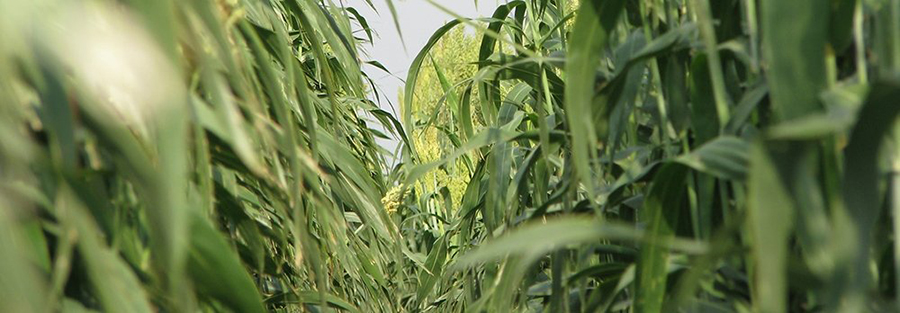The U.S. Department of Energy (DOE) announced $25.5 million in funding to enable the sustainable use of domestic biomass and waste resources, such as agricultural residues and algae, to produce low-carbon biofuels and bioproducts. This funding will advance the Biden-Harris administration’s goals of delivering an equitable and clean energy future and put the United States on a path to net-zero emissions, economy-wide, by 2050.
Reducing Agricultural Carbon Intensity and Protecting Algal Crops funding opportunity
The “Reducing Agricultural Carbon Intensity and Protecting Algal Crops” funding opportunity will enhance the production of environmentally sustainable feedstocks for bioenergy through two thematic areas:
- Climate-Smart Agricultural Practices for Low-Carbon Intensity Feedstocks.
- Algae Crop Protection.
Thematic Area 1 projects will evaluate the effectiveness of climate-smart agricultural practices that reduce biomass feedstocks’ carbon intensity (CI) for biofuels. Applying climate-smart agricultural practices is essential to produce low CI feedstocks, mainly from agricultural residues. This to enable the sustainable production of aviation fuel with lower greenhouse gas emissions. Climate-smart agricultural practices, such as:
- conservation tillage,
- cover crops,
- nutrient management,
- and soil amendments (e.g., biochar applications), are promising approaches to reducing carbon intensity and improving the sustainable production of biomass resources.
Developing effective strategies to protect algal biomass production is essential to meet BETO’s long-term goals of decarbonizing the transportation and industrial sectors. This through cost-competitive biofuels and algae-derived bioproducts. Topic Area 2, Algal Crop Protection, focuses on developing crop protection methods and strategies for algal farming systems.
Decarbonization
Recognizing that decarbonization of transportation and agriculture are intrinsically linked when it comes to produce low-carbon biofuels and deployment. This funding opportunity focuses on improving climate-smart agricultural practices. That reduce the carbon intensity of biomass feedstocks used for biofuel production. And the cultivation and protection of algae crops, an abundant and renewable source of biofuel.
Both topic areas support DOE’s Sustainable Aviation Fuel Grand Challenge goal of encouraging the production of 35 billion gallons per year of PBS by 2050.
The concept paper submission deadline is March 20, 2023, at 5:00 pm (EST). And complete application submissions are due May 16, 2023, at 5:00 pm (EST). View the full funding opportunity announcement and register to apply on EERE Exchange.
It can be of your interest: TotalEnergies proposes an ordinary dividend for fiscal year 2022


